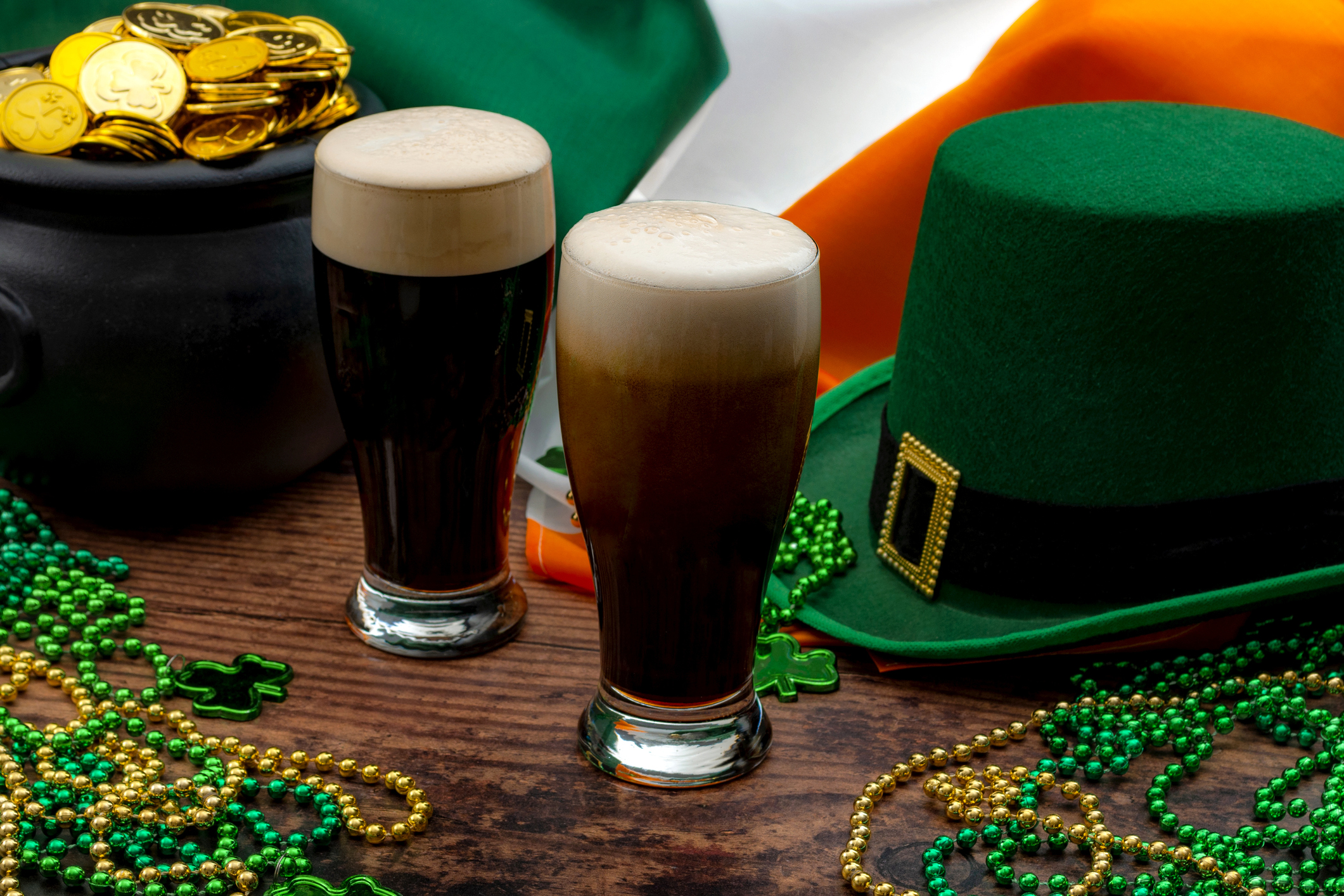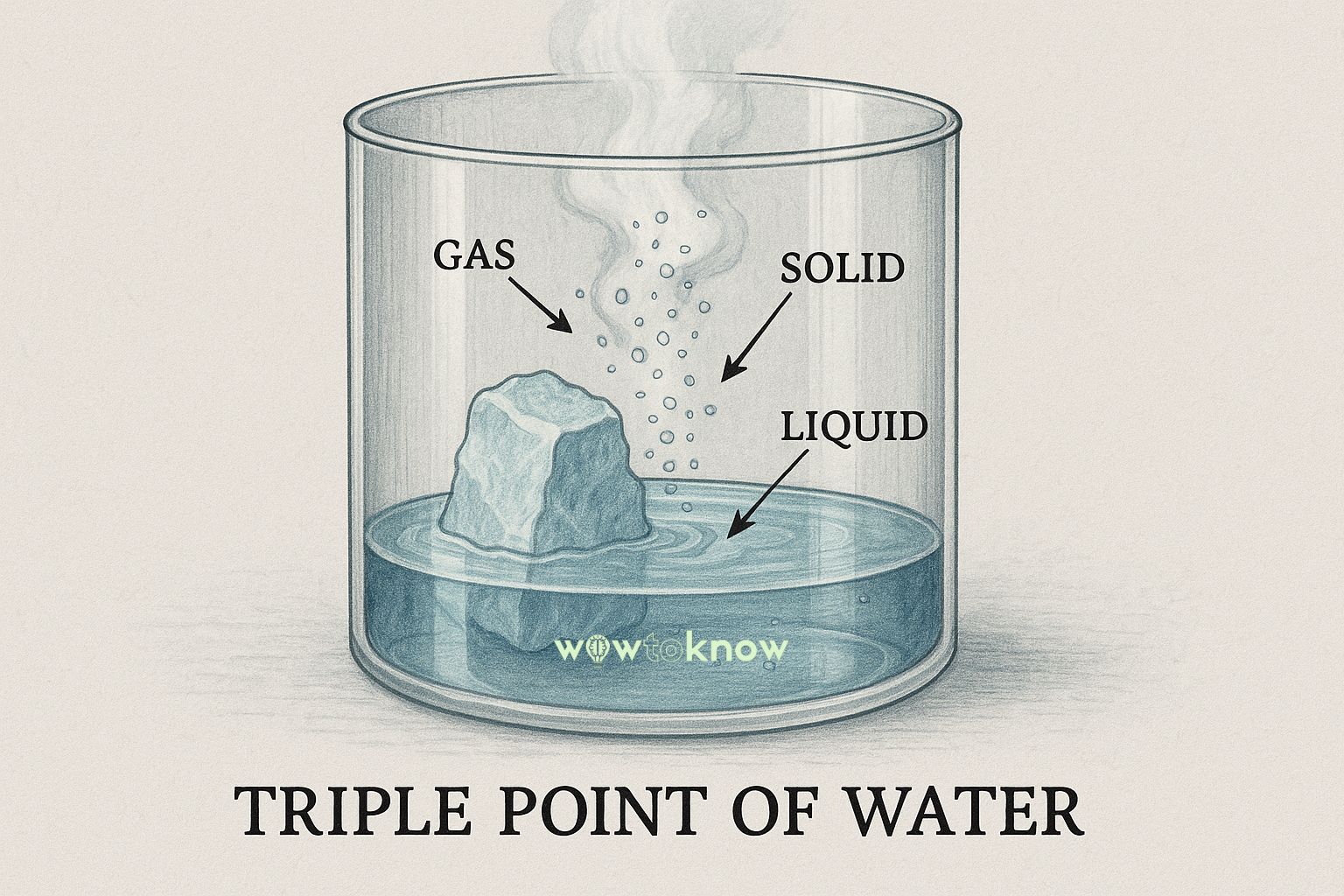A Dry Saint Patrick’s Day
For many, Saint Patrick’s Day conjures images of vibrant parades, green attire, and lively pub gatherings. However, a surprising chapter in Ireland’s history reveals that this wasn’t always the case. Up until the late 20th century, Irish bars were closed on Saint Patrick’s Day, reflecting a more somber and religious observation of the holiday.
The Origins of a Dry Tradition
Religious Observance
The roots of Saint Patrick’s Day are deeply religious. The holiday, celebrating Ireland’s patron saint, was a solemn feast day in the Roman Catholic calendar. As such, it was a day for prayer and reflection rather than revelry. This religious observance influenced the decision to close pubs, aligning the day with other holy days of abstinence.
Legal Enforcements
In 1927, Ireland enacted a law that prohibited the sale of alcohol on Saint Patrick’s Day. The Intoxicating Liquor Act was part of a broader effort to curb excessive drinking and promote sobriety on significant religious and national days. For decades, this meant that pubs across the country were shuttered, and celebrations were markedly different from today’s festivities.
Changing Times
The Shift to Festivity
By the 1960s and 1970s, attitudes towards Saint Patrick’s Day began to shift. The day increasingly became a celebration of Irish heritage and culture, attracting tourists and fostering a sense of national pride. The ban on pub openings started to seem out of place with the evolving nature of the holiday.
Repeal of the Law
In 1961, the law was amended to allow pubs to open on Saint Patrick’s Day in Dublin to accommodate international visitors. However, it wasn’t until 1973 that the law was fully repealed, allowing pubs nationwide to operate on the holiday. This legislative change paved the way for the exuberant and globally recognized celebrations we associate with Saint Patrick’s Day today.
Legacy of the Dry Saint Patrick’s Day
A Reflection of Change
The transition from a dry Saint Patrick’s Day to the modern-day festivities reflects broader changes in Irish society. It illustrates the shift from a predominantly religious observance to a more inclusive and secular celebration of Irish identity.
Cultural Impact
This historical tidbit adds a layer of depth to our understanding of Saint Patrick’s Day. It highlights how cultural practices evolve and adapt over time, influenced by changing societal values and legal frameworks.
FAQ
Why were Irish bars closed on Saint Patrick’s Day?
Irish bars were closed to align with the religious observance of Saint Patrick’s Day as a solemn feast day and to promote sobriety.
When was the law that closed pubs on Saint Patrick’s Day enacted?
The Intoxicating Liquor Act, which prohibited the sale of alcohol on Saint Patrick’s Day, was enacted in 1927.
When did Irish pubs start opening on Saint Patrick’s Day?
The law was amended in 1961 for Dublin and fully repealed in 1973, allowing pubs nationwide to open on Saint Patrick’s Day.
What caused the change in how Saint Patrick’s Day is celebrated?
The shift from religious observance to a cultural celebration of Irish heritage and the influx of tourists influenced the change.
How does this history impact our understanding of Saint Patrick’s Day today?
It shows the evolution of cultural practices and how societal values influence holiday celebrations.








Gadonthomobet is a good place to get started with online betting, in my opinion. Worth a visit: gadonthomobet
Thank you for your sharing. I am worried that I lack creative ideas. It is your article that makes me full of hope. Thank you. But, I have a question, can you help me?
Can you be more specific about the content of your article? After reading it, I still have some doubts. Hope you can help me. https://accounts.binance.info/el/register?ref=DB40ITMB
Thanks for sharing. I read many of your blog posts, cool, your blog is very good.
Onlinekhelo247, another one of those places. Easy enough to sign up and play. Gotta remember to play responsibly though! Good luck! onlinekhelo247.